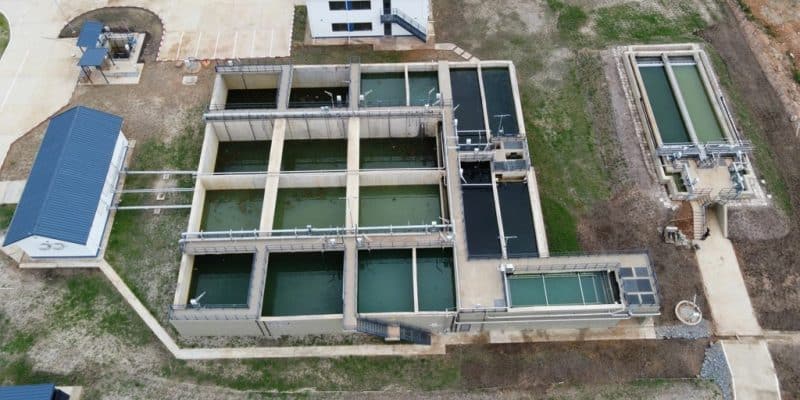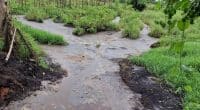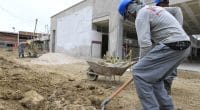Sanitation services in Ghana's cities of Kumasi, Takoradi and Tamale have been improved by the commissioning of new sewage sludge treatment plants. Each plant has a capacity of 1,000 m3 per day.
Pureco announces the commissioning of three sewage sludge treatment plants in Ghana. The Hungarian company, chosen by Jospong Group of Companies (JGC), which supports waste management in the West African country, has set up the new facilities in Ghana’s three largest cities. These are Kumasi, Takoradi and Tamale, with a combined population estimated at nearly 5.4 million.
Pureco has collaborated on this project with UNIT International Construction Ltd. “With a capacity of 1,000 m3 per day each, these plants were designed and built in compliance with European Union (EU) standards and the limits set by the World Health Organisation (WHO) for the discharge of treated wastewater into surface water bodies and canals”, says the Hungarian company headed by Bálint Horváth. The sludge is transported for 7 to 17 hours every day of the week by lorries of various capacities.
Treatment based on “Septopure” technology
Since then, the discharge of sewage sludge into the environment has been considerably reduced, limiting the proliferation of water-borne diseases and the pollution of groundwater and surface water. In the new sewage sludge treatment plants, Pureco has installed its “Septopure” technology, designed to receive and clean excrement mechanically and biologically.
“The aim is to treat the sludge entering the plants in such a way as to significantly reduce the overall environmental impact of both the main flow (treated wastewater) and the secondary flows (screenings, sand, various sludges),” says Pureco. The faecal sludge will therefore go through the stages of mechanical pre-cleaning and chemical pre-sedimentation, pre-sedimentation and biological treatment, aerobic treatment using activated sludge to eliminate nitrogen and phosphorus, mechanical compaction and dehydration of the waste generated.
Read also –
The United Nations has listed Septopure as a technology to accelerate the achievement of the Sustainable Development Goals (SDGs), saying “it offers a quick solution where there is no sewerage system”.
JGC financed all the sewerage work thanks to a loan from Exim Bank of Hungary. This work completes the panoply of projects developed by the Group in Ghana in partnership with Pureco, in particular the project to build wastewater treatment plants in 13 regions of Ghana, due to be launched in 2022.
Inès Magoum






